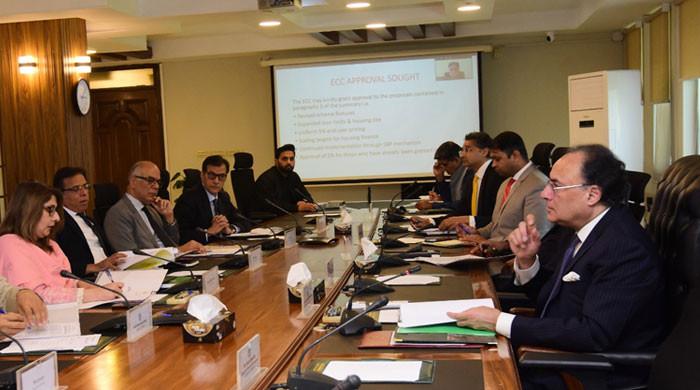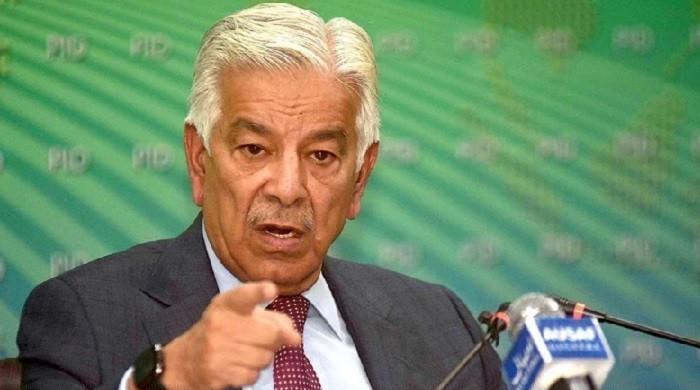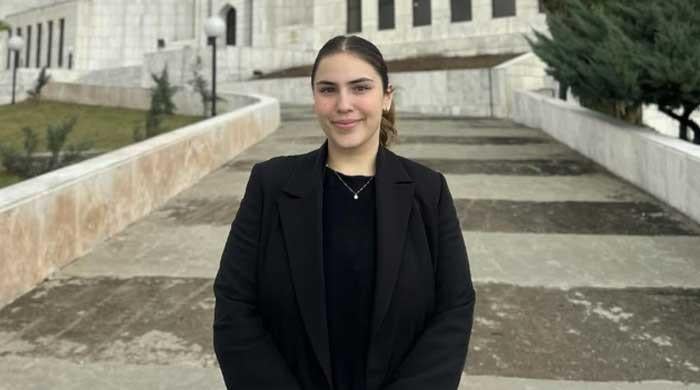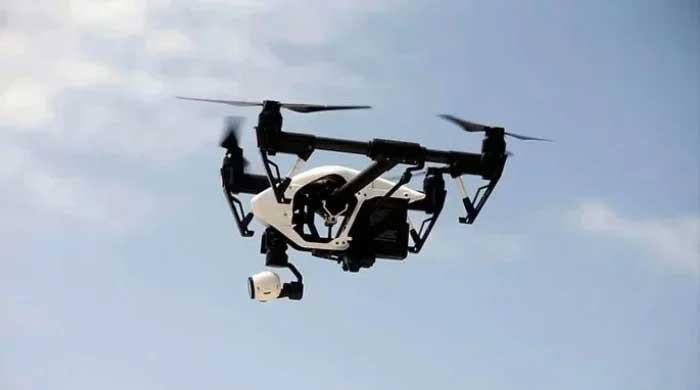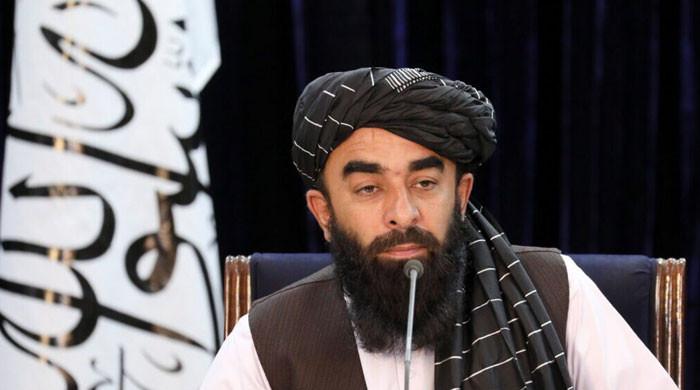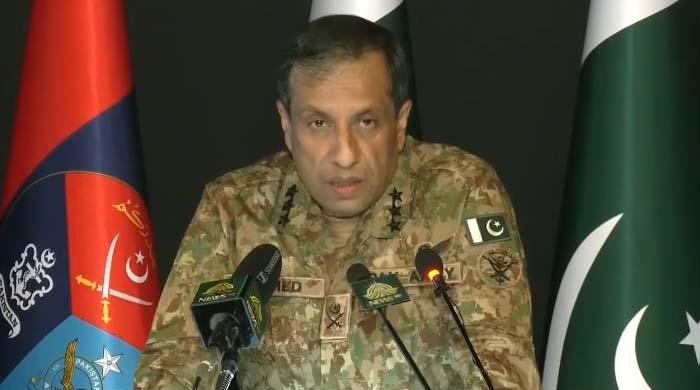Pakistan's COVID-19 cases saw 'definitive' uptick in last 7 days: Dr Faisal Sultan
Dr Faisal appealed to the masses to continue following the govt's mandated coronavirus SOPs
July 05, 2021

- Dr Faisal appealed to the masses to continue following the government's mandated coronavirus SOPs.
- Says wearing masks, avoiding crowds and getting vaccinated can help prevent the spike in cases.
- It is pertinent to mention that on Monday, Pakistan has recorded the highest positivity ratio, i.e 3.01% since June 16.
ISLAMABAD: Special Assistant to the Prime Minister on Health Dr Faisal Sultan on Monday said that there has been a small but noticeable increase in coronavirus cases in the country.
Taking to Twitter, the SAPM said that since last week, there has been a "definitive uptick in cases, percentage positivity, and other parameters."
Dr Faisal appealed to the masses to continue following the government's mandated coronavirus standard operating procedures (SOPs), including wearing masks, avoiding crowds and getting vaccinated — all of which can help prevent the spike in cases.
It is pertinent to mention that on Monday, Pakistan has recorded the highest positivity ratio, i.e 3.01% since June 16.
Moreover, on Monday, Pakistan reported 1,347 new cases of the novel coronavirus in the last 24 hours, marking the fifth consecutive day of 1,000+ daily new cases.
Another 19 people lost their lives to COVID-19 over this 24-hour period, as per data from the National Command and Operation Centre (NCOC) issued Monday morning.
The total number of active cases in the country has crossed the 33,000 cases mark and currently stands at 33,299, while the country's total recoveries have increased to 907,934.
A total of 963,660 cases have been detected so far in the country since the pandemic broke out in the country last year and 22,427 people have died from the virus since then.
According to a province-wise breakdown, the total cases reported in Sindh so far are 340,902, in Punjab 346,852, in Khyber Pakhtunkhwa 138,533, in Islamabad Capital Territory 82,969, in Balochistan 27,419, in Gilgit-Baltistan 6,427 and in Azad Jammu and Kashmir 20,558.




